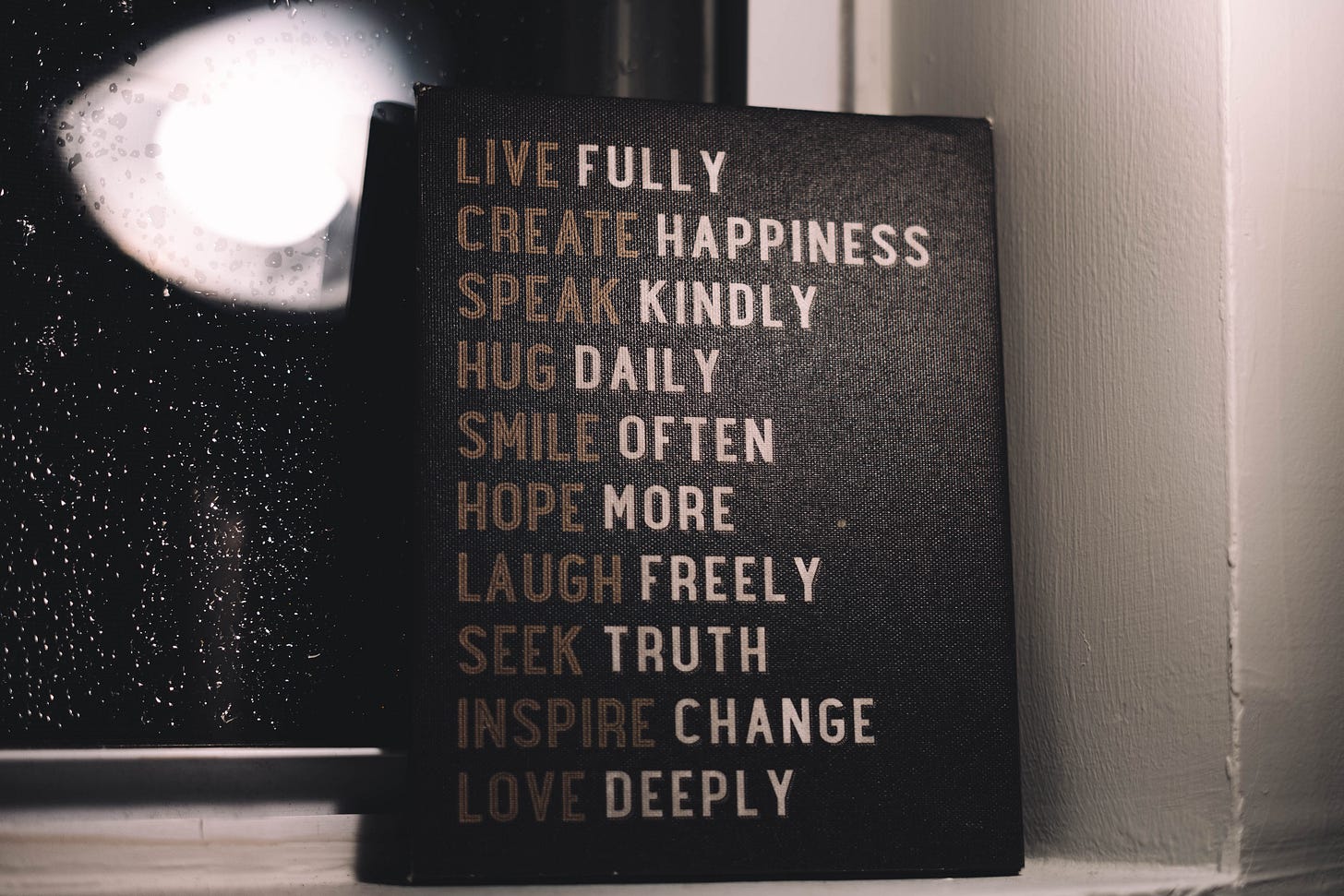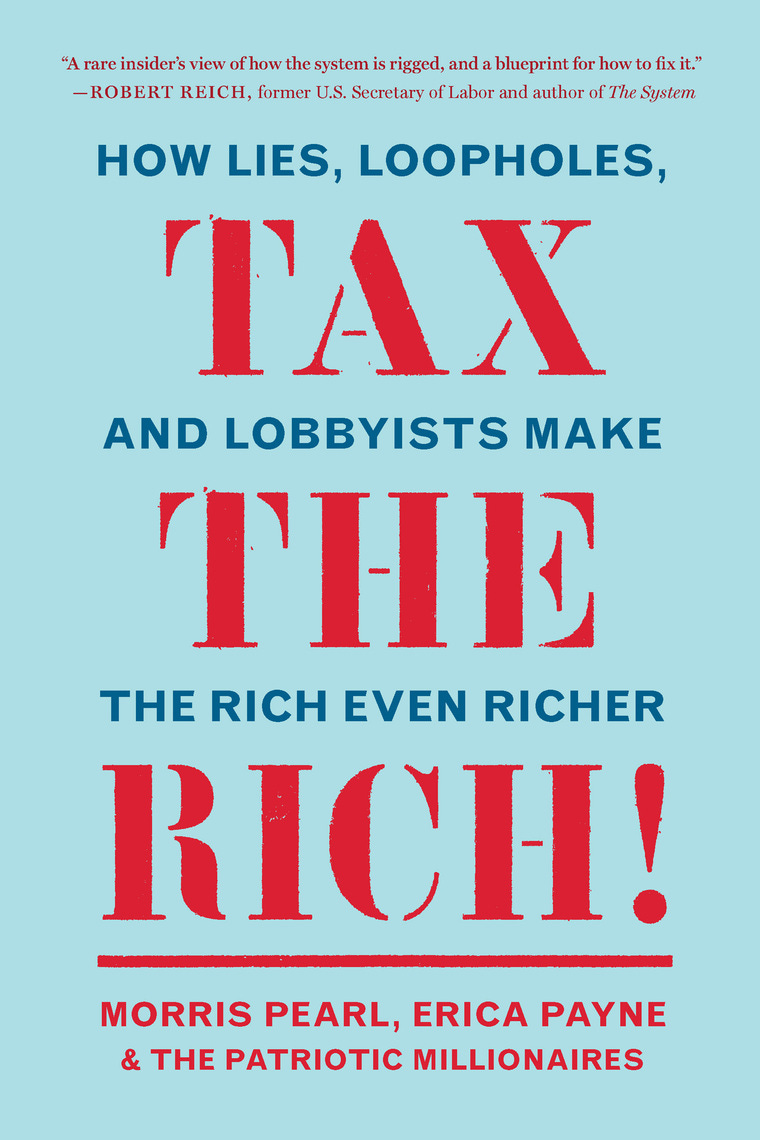May update
I’m working on a few other stories so no daily newsletters this month.
I’m unplugging from the daily news cycle starting today to report and write a few stories that require a bit more attention than I’ve been able to commit in recent weeks. I’ve been working more evenings and weekends lately and this continued pace is a recipe for burnout. It’s also antithetical to the type of journalism I want to create and the lifestyle I want to enjoy.
So during beginning next week, my intention is to write two longer-form posts per week featuring cultural criticism, reported essays, interviews — the stuff you’ve come to expect from me. I’ll also send Ask Michael to paid subscribers on Fridays and host Ask Michael Live at the end of the month. Subscribers can also still schedule office hours too, as outlined in this post.
I love writing my daily newsletter. But I’m grateful that The Supercreator enables me to go where my curiosities lead me and write about who and what I found so you can live off your creative work. See you in a few days.
In The Know
Coronavirus
The next generation of COVID-19 vaccines could come as a pill or a nasal spray.
Politics
Labor Secretary Marty Walsh said workers for app-based companies like Uber, Lyft, DoorDash and Postmates should be classified as employees — who are eligible for benefits — not independent contractors, a move that would destabilize these exploitative businesses.
New York City Mayor Bill de Blasio announced the citywide expansion of a successful pilot program that replaced NYPD officers with social workers and EMS to respond to non-violent mental health crisis calls.
The Democratic National Committee raised $15.4 million in online donations during President Biden’s first 100 days, more than it did during comparable periods in Obama and T****’s first terms.
Business
Verizon sold Yahoo and AOL to a New York-based private equity firm for $5 billion.
Insecure actress and producer Natasha Rothwellsigned a three-year, eight-figure-dollar deal with ABC Signature to develop new projects for TV through her production company.
Tech
The Facebook Oversight Board announced it will share its decision this Wednesday on whether or not T****’s Facebook account will continue to be banned.
Twitter launched a global campaign to elevate local news and the reporters who create it.
Apple reportedly plans to launch an 8-inch foldable iPhone by 2023.
Culture
In response to artist backlash and calls for accountability, the Grammy Awards voted to eliminate the use of anonymous expert committees to decide who makes the final ballot in dozens of categories.
Read All About It
Foster Kamer at The New York Times on spending less time online:
There were some good things to come out of all that time online. But there were also some extremely bad things: It started with white-hot takes about how Shakespeare wrote “King Lear” under quarantine. Before people could finish reading those, we were showered with magma-temperature rejoinders about how nobody should feel the need to be productive under quarantine. Everyone had someone to hate, someone to cancel, someone to praise, some way to practice self-love, and someone who was doing it wrong.
And so, I am making a proclamation here for all to read: It’s time to put our extremely online year (and selves) behind us. It’s time to stigmatize the internet.
Terry Nguyen at Vox on subscriptions:
While some argue that subscription fatigue, particularly among streaming platforms, is on the horizon, it raises questions about how often we buy and whether we want to be proactive in that consumption. Some consumers might find passively being billed for recurring services useful, or at least be browbeaten into believing they do. Others just want the product with no strings attached. “I just want to outright buy the shit,” one Reddit user complained in r/rant. “Fuuuuuck all these monthly subscriptions.”
Sue Halpern at The New Yorker on Facebook and the normalization of deviance:
Over the years, Mark Zuckerberg, Facebook’s C.E.O., has issued a cascade of apologies for the company’s privacy breaches, algorithmic biases, and promotion of hate speech, among other issues. Too often, the company seems to change course only after such issues become public; in many cases, it had been made aware of those failures long before, by Facebook employees, injured parties, or objective evidence. It took months for the firm to acknowledge that political ads on its platform were being used to manipulate voters, and to then create a way for users to find out who was paying for them. Last December, the company finally reconfigured its hate-speech algorithm, after years of criticism from Black groups that the algorithm disproportionately removed posts by Black users discussing racial discrimination. “I think it’s more useful to make things happen and then, like, apologize later,” Zuckerberg said early in his career. We’ve witnessed the consequences ever since.
H. Luke Shaefer at Kathryn J. Edin at The Atlantic on ending extreme poverty:
Biden’s plan is to send money each month, in the amount of $250 a child—$300 for young children—to help parents cover rent or utility bills; buy underwear, diapers, or toothbrushes; pay for child care; save for college; or whatever else they need most. Biden’s plan treats poor and middle-income kids equally: Except for those in families with the highest incomes, every child of a given age gets the same amount. This may be its most important feature. It neither stigmatizes the poor nor leaves them vulnerable to resentments about special benefits. It says, instead, that raising kids is difficult and expensive, and that government has reason to support parents in this work. This measure could prove to be a temporary anomaly during an unusual time. Or, if made permanent, it could begin a new era in the fight against child poverty in the United States.
Amanda Brown Lierman and Dawn Huckelbridge at Marie Claire on paid leave:
Paid leave is an economic issue. Paid leave is a jobs and infrastructure issue. Paid leave is a racial justice issue. Paid leave is a small business issue and a military families issue. Paid leave is a rural issue and an urban issue. Paid leave is, at its core, an issue that affects everyone, everywhere. We can and must pass paid leave for all.
Camille Squires at The Cut on Ma’Khia Bryant:
Ma’Khia had a genuine eye for design. I wonder what she would have done with this skill as she got older, how else she would flourish if she had been allowed to. Her mother said that she had just made the honor roll. Maybe Ma’Khia had a knack for biology. Maybe she was a skilled writer. What else could she have done with her talents? Who could she have been in her community, and what more could it have poured into her? All of these questions without answers, because the police took these options from her.
These possibilities are what get obscured when even a well-meaning public turns victims of police violence into symbols of an entire structural problem. In less than a year from the day a Black man in Minneapolis suffocated under the knee of a police officer, the name “George Floyd” has become shorthand for a legacy of racist police violence, a global protest movement against that legacy, and a hundred different corporate entities’ pledges to “reckon with” that legacy. The flattening of an individual into an emblem is how we get Nancy Pelosi thanking Floyd for his “sacrifice,” when all he wanted was to buy some cigarettes on Memorial Day. It’s how we get the memeification of a woman who was shot to death in her sleep.
Michael’s Pick
Tax the Rich!: How Lies, Loopholes, and Lobbyists Make the Rich Even Richer by Morris Pearl, Erica Payne, The Patriotic Millionaires ($17): President Biden plans to pay for his $2 trillion American Families Plan with higher taxes on the wealthy and this book makes a cogent case for why I'm here for it.




